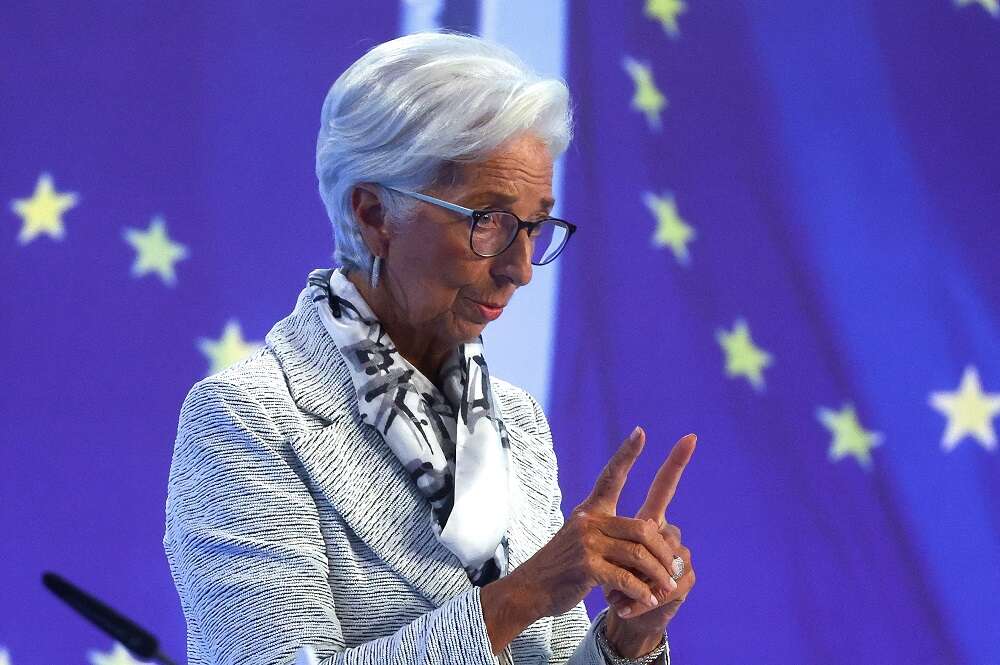FRANKFURT (Reuters) -The European Central Bank may need to raise interest rates to a level that restricts economic growth in order to cool demand and combat unacceptably high inflation, ECB President Christine Lagarde said on Tuesday.
The ECB has been raising rates at the fastest pace on record but inflation is still rising and even longer-term expectations, a key focus for policymakers, are starting to move above the bank’s 2% target.
“If there were evidence that high inflation risked de-anchoring inflation expectations, then the policy rate that is compatible with our target would lie in restrictive territory,” she said in a speech.
She added that if the current supply shock caused by expensive energy lowered the bloc’s potential, the ECB would also have to act to cool demand.
Policymakers have talked about pausing rate hikes once the ECB hits the so-called “neutral” level, that neither stimulates nor holds back growth, but a growing number of rate-setters now see the risk that rates will have to go higher.
The nominal neutral is seen somewhere between 1.5% and 2%, well above the ECB’s 0.75% deposit rate.
While Lagarde said medium-term expectations were “relatively” well anchored around the target, it would be “unwise” to take this for granted.
She noted that consumers’ inflation expectation is rising rapidly and the euro zone was also shifting from a low inflation environment to an extremely high one, both a risk to longer-term expectations.
Lagarde also warned about the dangers of high price growth triggering a wage-price spiral that would entrench inflation in a hard to break cycle.
The ECB president, however, provided no clues about the October rate hike and only repeated that the ECB will decide its next moves meeting by meeting.
Investors are currently split between a 50- and a 75-basis point rate hike in October, with subsequent increases seen at every meeting through next spring.
(Reporting by Balazs KoranyiEditing by Francesco Canepa and Richard Chang)
